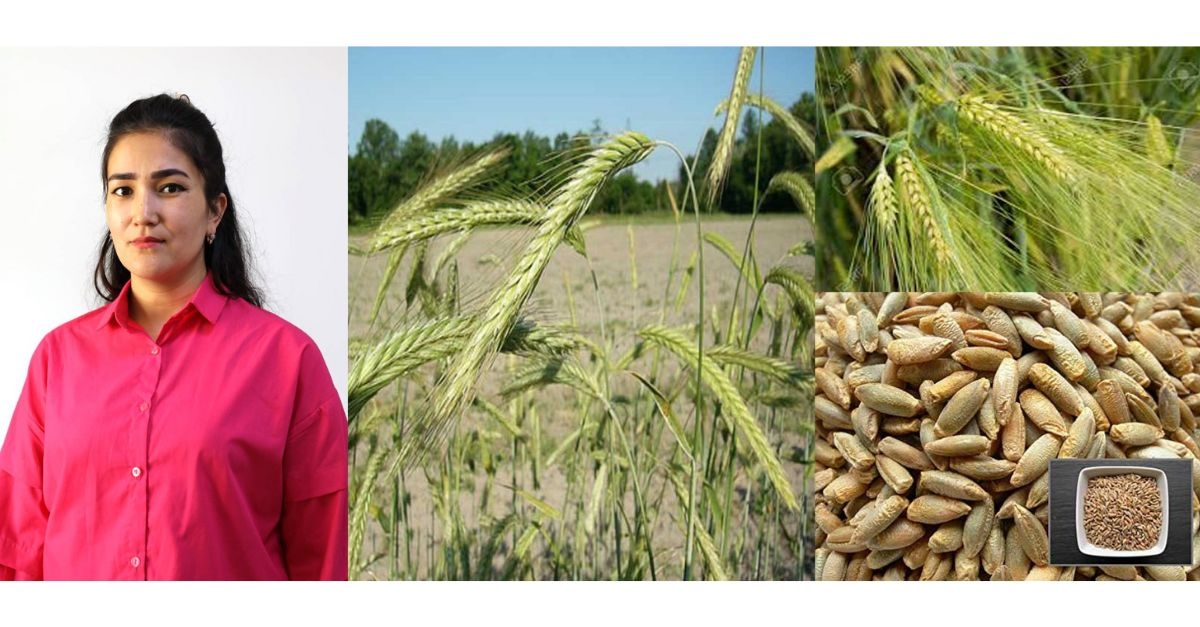Did you know that rye is a plant that cures heart disease?

Farmers also call rye the “grain of poverty.” This is due to the fact that rye can easily grow even in very infertile, uncultivated fields. Rye contains arabinoxylan fibers with high antioxidant activity. Therefore, phenological acids, lignans and alkylresorcinols form complex compounds in its composition. Despite the agrotechnical advantages of growing in conditions unsuitable for wheat, the baking efficiency of rye is relatively low. However, rye generally contains less starch and crude protein than wheat. In terms of bread production, rye grain ranks second after wheat.
This plant differs from other cereals in many beneficial properties. It is one of the drought-resistant plants compared to other grain crops. It has been established that the root system of rye absorbs water very efficiently. The dry weight of its root is significantly higher than that of wheat and triticale. In addition, rye consumes 20-30% less water per unit of dry matter than wheat. Studies have shown that the physiological properties of rye, even under dry conditions, have not changed significantly compared to wheat.
One of its most important features is the presence in rye grain of many vitamins, enzymes, amino acids, micro- and macroelements necessary for the human body. The amino acids lysine and threonine in the grain serve for the growth and regeneration of body tissues. Rye grain is also very important for medicine. After all, preparations made from rye grain are used to treat many cancer diseases. In addition, rye flour has the property of reducing heart disease. According to several studies, an 28-gram serving of whole grains can reduce the risk of heart disease by 22%. This is because they help lower cholesterol and maintain blood pressure. Black bread made from rye flour acts as a natural laxative, helps with bowel movements, and accelerates the flow of substances through the intestines. Whole grains in brown bread may reduce the risk of stroke. Because they contain antioxidants, the amino acids vitamin K. People who ate the most rye bread had a 14% lower risk of stroke than people who ate the least. Eating 1-2 pieces of black bread helps relieve stress. Because whole grains produce the hormone serotonin. In addition, rye bread prevents diabetes. It has been established that the risk of the disease is significantly reduced if patients with diabetes eat bread made from rye.
Markhabo Makhramova,
doctoral student at the Department of Plant Physiology and Microbiology,
Samarkand State University.

